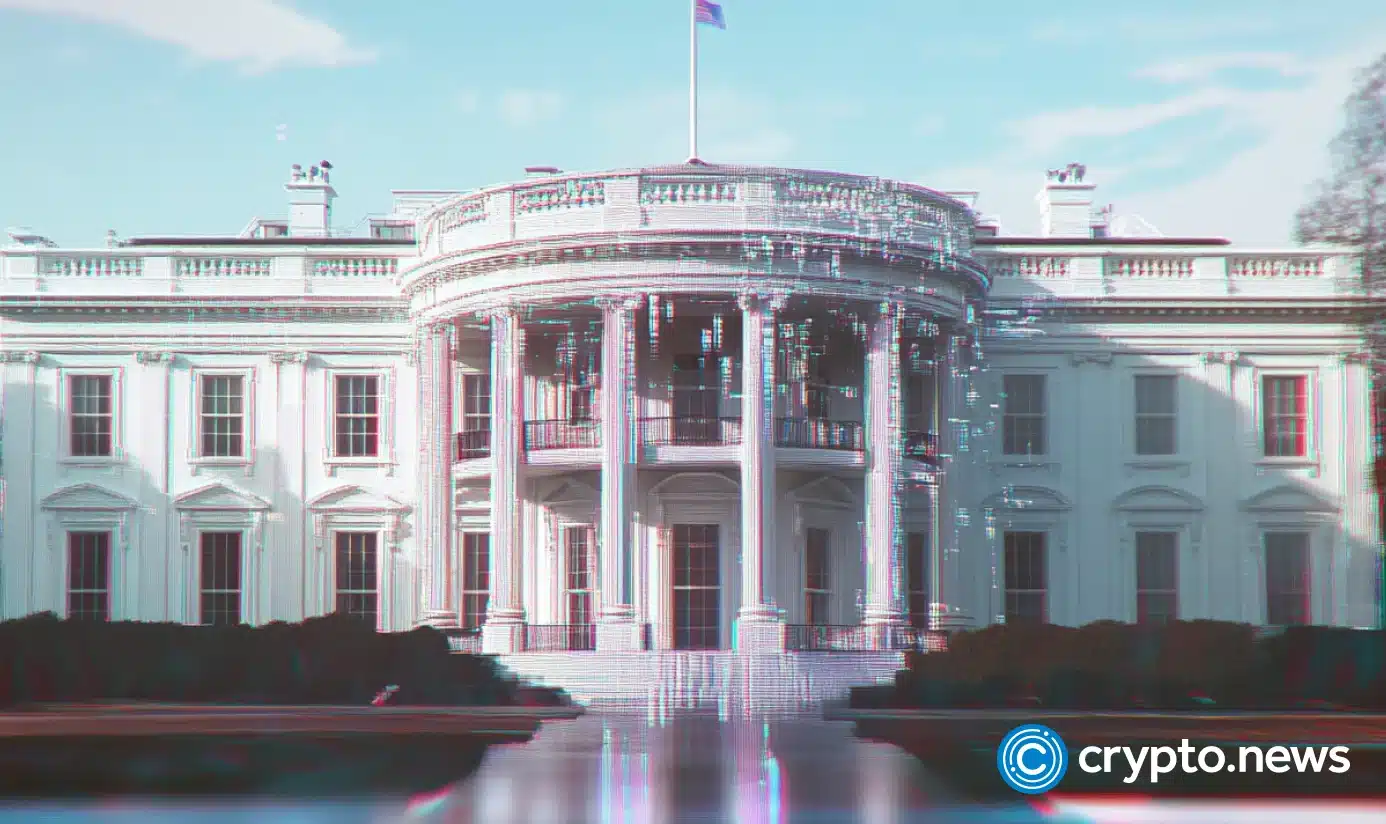Breaking: Bo Hines, White House Crypto Adviser, Steps Down – Here’s Why It Matters

The White House’s crypto point man just walked away—and the timing couldn’t be worse for DC’s flailing digital asset policy.
Bo Hines, the administration’s go-to for blockchain whispers, abruptly resigned today. No sugarcoating it: this leaves a gaping hole in Washington’s understanding of decentralized finance—right as regulators sharpen their knives.
Behind the scenes: Insiders say Hines clashed with Treasury hardliners pushing hostile guidance. His exit follows months of stalled progress on clear crypto frameworks—while Asia and Europe sprint ahead.
The fallout? Another win for the 'regulation-by-enforcement' crowd. Meanwhile, institutional investors are eyeing offshore hubs. Classic Washington—strangling innovation, then wondering why tax revenue flees to Singapore.
‘Honor of lifetime’ lasts seven months
Hines’s resignation was confirmed via a post on X, where he called his experience working alongside President Donald TRUMP and Crypto Czar David Sacks “the honor of a lifetime.” He credited their efforts with making America the “crypto capital of the world” and pledged to continue supporting the ecosystem from the private sector.
Despite the warm farewell, Hines gave no specific reasons for stepping down. Reactions ranged from admiration to surprise, with some insiders speculating that a more lucrative private sector opportunity motivated the move.
Others voiced disappointment, citing unmet expectations in regulatory progress, a perceived failure to expand the government’s Bitcoin holdings, and lack of transparency regarding official audits of government-owned cryptocurrency.
You have not positioned America as capital of anything:
– we have no idea how much bitcoin the US has
– no US Bitcoin strategic reserve or any plana to start accumulating.
Very disappointing.
Bo Hines’ brief tenure in the White House
During his brief tenure, Hines championed many of the positions he articulated as a 2022 congressional candidate. He advocated for limiting overregulation in the crypto space, protecting DeFi as a bastion of financial freedom, and opposing central bank digital currencies (CBDCs) as threats to economic sovereignty. These views aligned with the WHITE House’s 2025 rejection of CBDCs and the creation of a regulatory framework favoring stablecoins and lighter digital asset reporting requirements.
Hines was also vocal about building a strategic Bitcoin reserve for the U.S., emphasizing the desire to acquire “as much Bitcoin as we can get” through budget-neutral means. Yet, months later, no significant increases in government Bitcoin holdings occurred, and proposals such as reallocating excess Gold reserves for Bitcoin purchases failed to materialize. Whether these stalled initiatives influenced his departure remains unclear.
Huge Moment! First crypto legislation ever signed into law.
Repealing the IRS’s DeFi broker rule protects innovation and privacy—another big step toward ushering in a golden age for digital assets.
Grateful to @POTUS, @tedcruz, and @RepMikeCarey for their leadership! https://t.co/lkdxbtJfnR
Before his appointment to the Crypto Council following Trump’s 2024 election victory, Hines had little political experience beyond his 2022 congressional bid and a background as a college football player. Holding a law degree from Wake Forest University, he was regarded as a staunch conservative aligned with Trump’s values.
As Hines transitions to the private sector, the crypto community watches closely, debating his legacy and the future direction of U.S. digital asset policy in a rapidly evolving landscape.
JUST IN – 🇺🇸 President Trump's Executive Director on digital assets: "We talked about ways of acquiring more Bitcoin in budget neutral ways."
We want "as much as we can get." 🚀 pic.twitter.com/zK8PyQK1Rw

